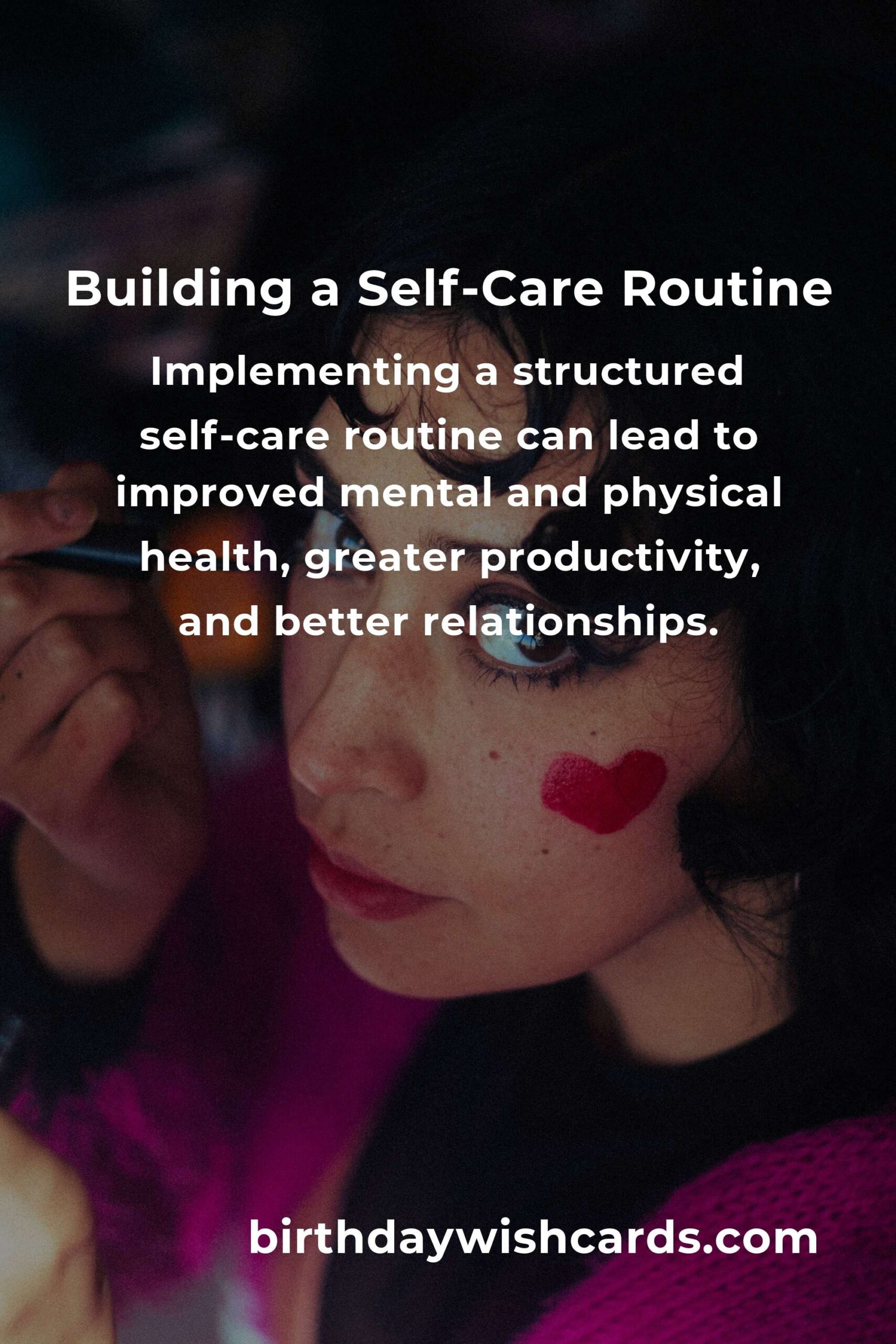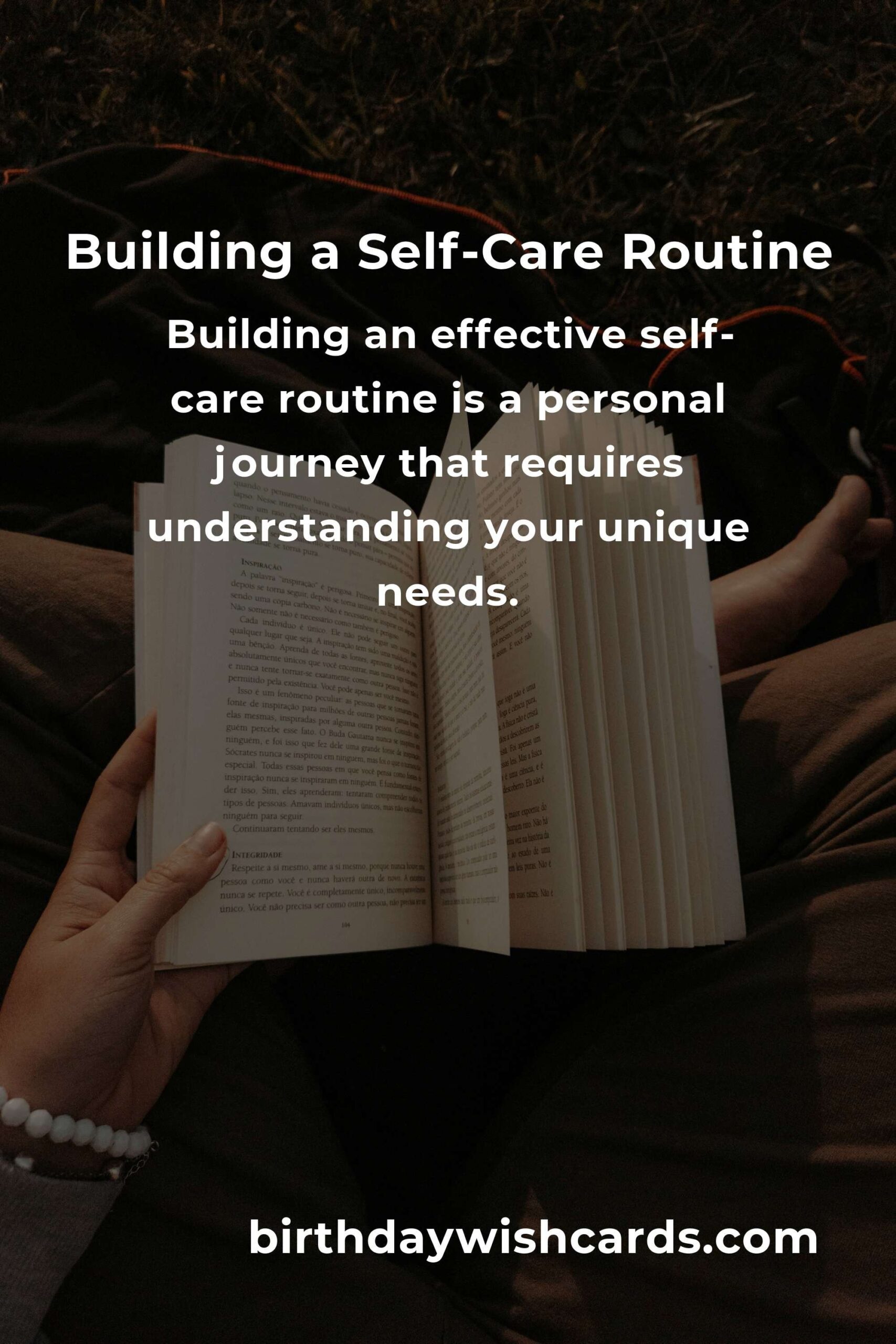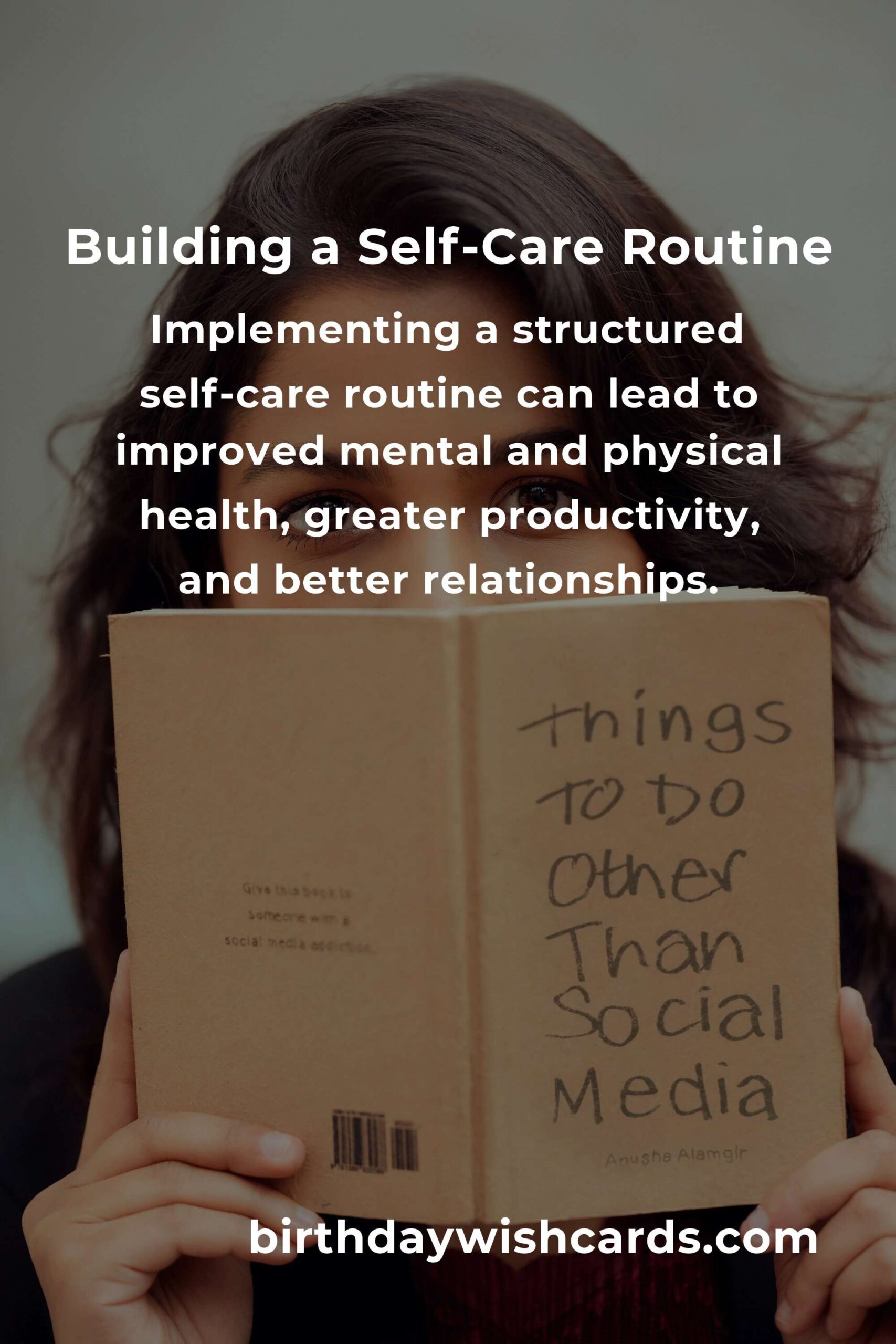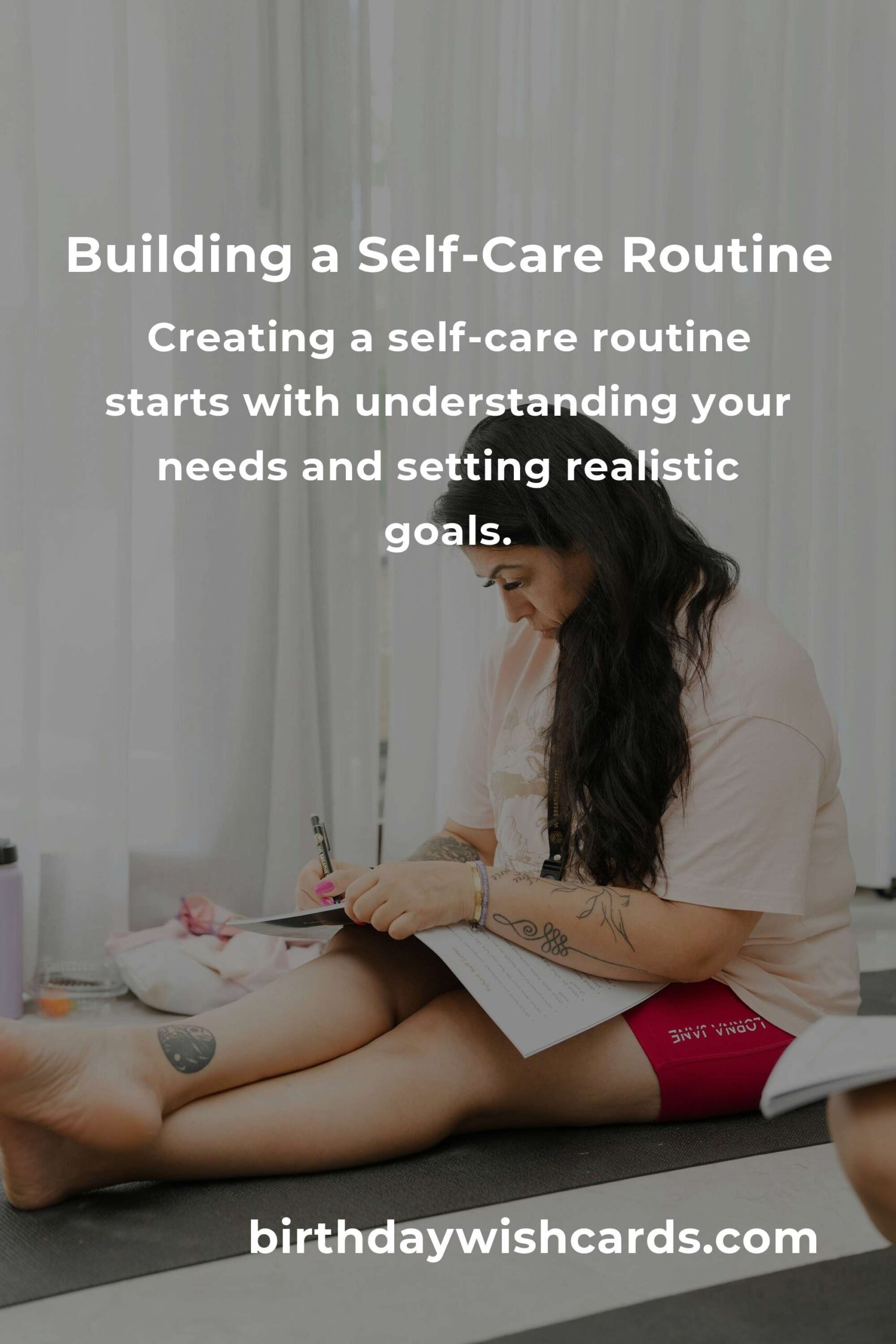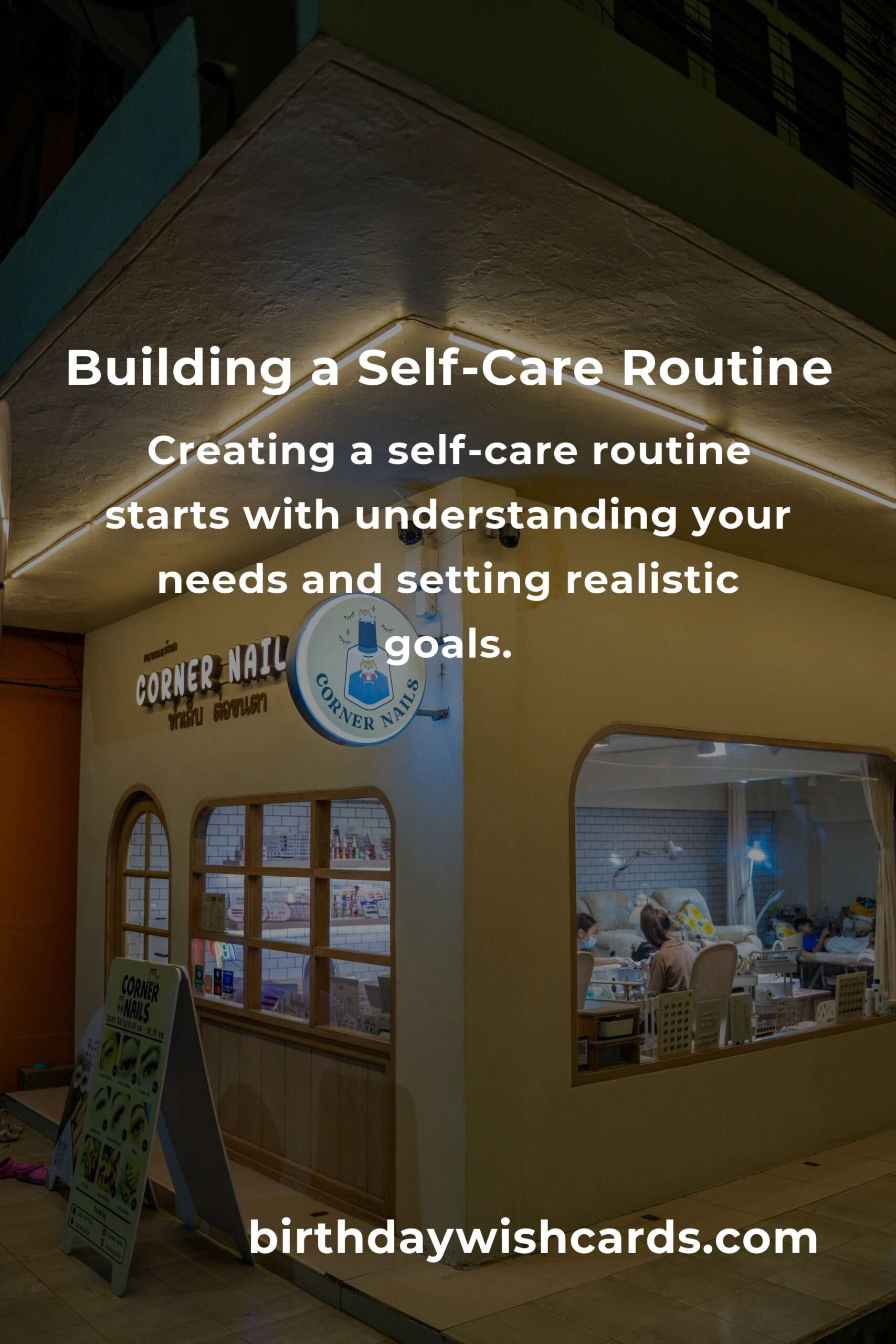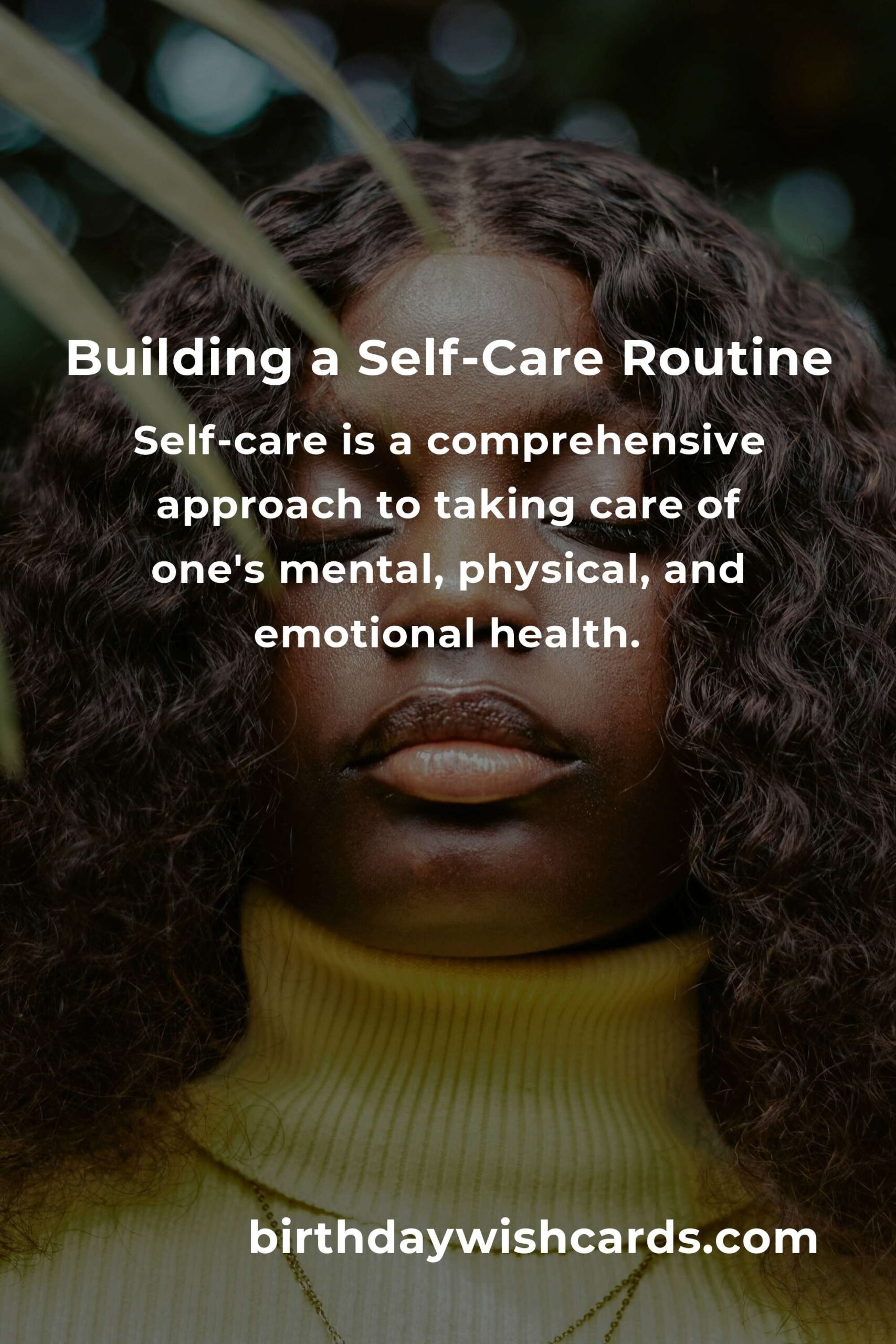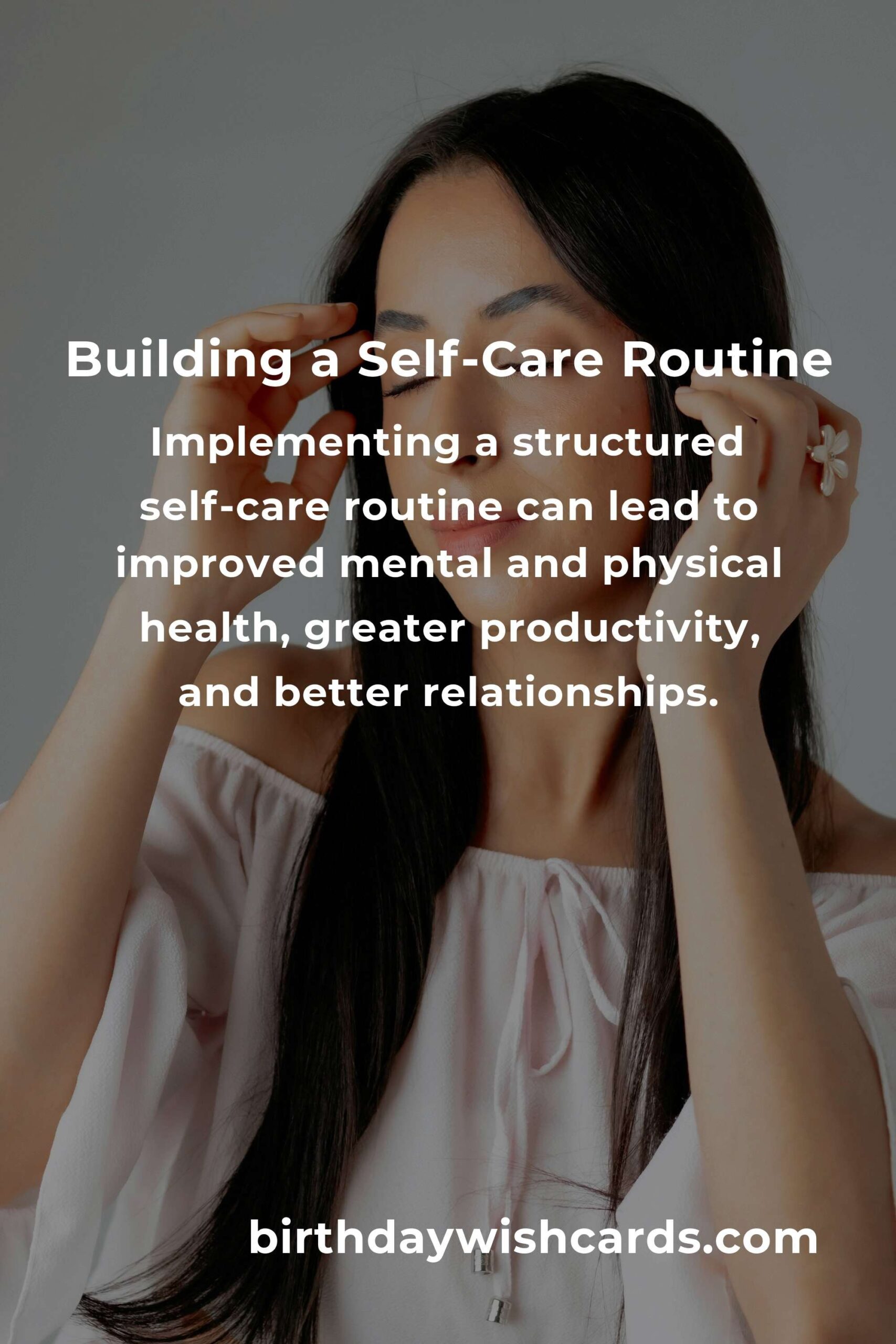
In the hustle and bustle of modern life, the concept of self-care has become more crucial than ever. Self-care is not just about occasional relaxation but a comprehensive approach to taking care of one’s mental, physical, and emotional health. Establishing a self-care routine can significantly enhance your quality of life, productivity, and overall happiness.
Understanding Self-Care
Self-care involves activities and practices that we engage in regularly to reduce stress and maintain and enhance our short- and long-term health and wellbeing. It is a conscious act one takes in order to promote their own physical, mental, and emotional health.
According to experts, self-care should not be seen as a luxury but a necessity. It is essential to differentiate between self-care and self-indulgence. While self-indulgence might provide a temporary relief, self-care provides sustainable growth and wellbeing.
Key Components of Self-Care
Self-care encompasses various facets of our lives including:
- Physical Self-Care: This includes activities like exercise, healthy eating, and regular medical check-ups.
- Mental Self-Care: Activities that stimulate your mind, such as reading, learning a new skill, or engaging in creative pursuits.
- Emotional Self-Care: Practices like meditation, journaling, or therapy that help you process emotions and maintain mental health.
- Social Self-Care: Spending quality time with loved ones and building a supportive community around you.
Frameworks for Building a Self-Care Routine
Creating a self-care routine starts with understanding your needs and setting realistic goals. Here are some expert-backed frameworks to guide you:
The Five-Step Framework
- Assess Your Needs: Identify areas of your life that require more attention. This could be improving physical activity levels or dedicating time to mental health.
- Set Goals: Based on your needs assessment, set clear, achievable goals. For instance, if stress management is a priority, aim to meditate for 10 minutes daily.
- Create a Plan: Develop a plan that includes specific activities and schedules them into your routine.
- Implement and Adjust: Start incorporating these activities into your daily life. Be flexible and adjust as needed.
- Reflect and Reassess: Regularly reflect on your progress and reassess your goals to ensure they continue to meet your needs.
The ABC Framework for Self-Care
This framework focuses on three core components:
- Acknowledge: Recognize the importance of self-care and its impact on your life.
- Balance: Strive for a balance between work, rest, and play.
- Consistency: Practice self-care consistently, making it a part of your daily routine.
Benefits of a Structured Self-Care Routine
Implementing a structured self-care routine can lead to numerous benefits including:
- Improved Mental Health: Regular self-care can reduce anxiety, depression, and stress levels.
- Enhanced Physical Health: Engaging in physical self-care activities like exercise can improve overall fitness and health.
- Greater Productivity: By managing stress and maintaining good health, you can increase your focus and efficiency at work and in personal projects.
- Better Relationships: Taking care of yourself enables you to be more present and engaged with others, improving your social interactions.
Conclusion
Building an effective self-care routine is a personal journey that requires understanding your unique needs and making a commitment to prioritize your wellbeing. By following expert frameworks and being mindful of the core components of self-care, you can create a routine that not only enhances your life but also helps you thrive in all areas.
Self-care is a comprehensive approach to taking care of one’s mental, physical, and emotional health. Self-care should be seen as a necessity, not a luxury. Creating a self-care routine starts with understanding your needs and setting realistic goals. Implementing a structured self-care routine can lead to improved mental and physical health, greater productivity, and better relationships. Building an effective self-care routine is a personal journey that requires understanding your unique needs.
#SelfCare #Wellbeing #MentalHealth #PhysicalHealth #EmotionalHealth #PersonalGrowth


